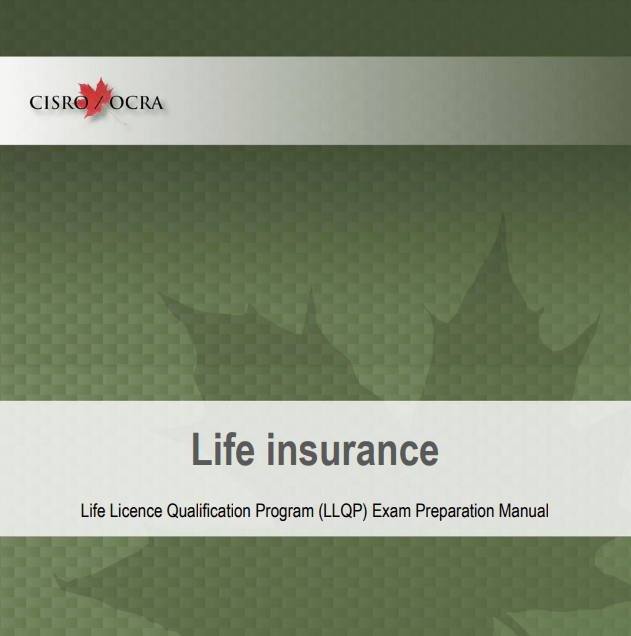Changing Your Life
starts here!
Regulator Approved
REMIC is approved by FSRA/FSCO as well as the HRSDC.
Registration Bonuses
Register within the next 24 hours and receive $1000 worth of bonuses.
2025 Licensing Courses
What Our Students
are Saying About us
Mortgage Broker
911 Mortgage Brokers - The Mortgage centre
Absolutely incredible course. Five Stars From Me.
Thank you
Regards : Moaz ( Remic Student)
What really stood out was the quality of support — whether I had questions about course material or needed help navigating next steps, the team was knowledgeable, responsive, and genuinely helpful. I felt supported throughout the process, which made a big difference.
If you’re considering entering the mortgage industry, I highly recommend REMIC. They set a high standard for professional education and truly care about student success.
About Us
Founded in 2008 by Joseph J. White, author of the textbook used by both the REMIC and Seneca College courses for agent licensing, and numerous sales resources, the Real Estate and Mortgage Institute of Canada is the Institute dedicated to the mortgage brokerage industry and the life insurance industry. Mr. White founded the Institute to meet the needs of financial services professionals by focusing solely on the mortgage brokerage industry. In 2016 REMIC expanded its educational offerings to include the life insurance agent course, called the HLLQP.

Founded in 2008 by Joseph J. White, author of the textbook used by both the REMIC and Seneca College courses for agent licensing, and numerous sales resources, the Real Estate and Mortgage Institute of Canada is the Institute dedicated to the mortgage brokerage industry and the life insurance industry. Mr. White founded the Institute to meet the needs of financial services professionals by focusing solely on the mortgage brokerage industry. In 2016 REMIC expanded its educational offerings to include the life insurance agent course, called the HLLQP.

Award-winning Remic Team
Experience REMIC's Fanatical Service
Our TEAM
Awesome Team, Big Firepower!
 Joseph WhitePresident and CEO
Joseph WhitePresident and CEOJoseph J. White is the founder and President of the Real Estate and Mortgage Institute of Canada (RE...
 Cain DanielVice President
Cain DanielVice PresidentCain Daniel has been involved in the mortgage and education industry for the past 12 years. He is a ...
 Kevin RallingsDirector of Education
Kevin RallingsDirector of EducationKevin, one of REMIC’s longest teaching Professors, has a vast wealth of knowledge that he loves to...
Resources
Frequently Asked Questions (FAQ)
about our Courses
Yes. REMIC is approved by the Financial Services Regulatory Authority in Ontario to offer the Mortgage Agent Course for licensing as well as the Harmonized Life License Qualification Program (HLLQP). REMIC is also approved in all other Provinces for the HLLQP (except Quebec). In addition, REMIC is approved by the Human Resources and Skills Development Canada (HRSDC) as an accredited educational institution and REMIC provides students are provided a tax receipt (T2202A).
With over 50,000 REMIC students in the last 10 years, you are in good company!
- Over 1.8K 5-star Google reviews: and counting! No other provider has anywhere near that, with the closest having only 12 (twelve) 5-star reviews
- Our students achieve success: REMIC’s students get licensed more than those from any other provider of the Ontario Mortgage Agent Course. In fact, REMIC is responsible for nearly half of all newly licensed agents in Ontario!
- FREE Job Placement Assistance: Our job bank has brokerages looking for new agents to hire all the time, and access is free for all of our students!
- Certified by FSRA and HRSDC: REMIC is approved by FSRA, the mortgage broker licensing body in Ontario, to provide the Mortgage Agent Course in Ontario. REMIC is also approved by Human Resources and Skills Development Canada (HRSDC) as an accredited educational institution. We are the ONLY certified educational institution in Ontario providing the mortgage agent course.
- Our courses are Tax Deductible: REMIC and Ontario’s colleges are the only providers of the mortgage agent course authorized to issue a T2202A.
- Cost – starting at just $298, all in, tax free: REMIC’s in class course is bundled with a hard copy of the textbook, providing the lowest cost and, in our opinion, the best value at $385. REMIC’s online course offers an electronic textbook option ($338), or an electronic textbook with a hard copy option ($365). HLLQP courses range from $298 to $448. These choices offer you great value.
- Value Added: REMIC offers incredible additional bonuses valued at over $1,000, including: Free membership to the industry leading social app Agora (priceless), Career Launch Workshop plus other invaluable workshops and career webinars ($1,000 ++ Value), Brokering Essentials Courses, ($200 value), Free exam review report, Free PDF versions of content, Free enrolment in the REMIC Job Bank (priceless).
- Exam Preparation: RMAC provides you with all of the material you need to prepare for the exam, including an exam preparation quiz based on previous exams.
- Exam locations: You can write your exam in person or online; the choice is yours!
- Material: REMIC provides the industry leading textbook, videos and support. Our material is updated constantly so you’ll always have current industry information.
- Choice: Convenient location, online, live webcast and in-class options: REMIC has a convenient training centre in Toronto, near both the DVP/404 and 401. You can take the course online, in-class / live webcast in one week Monday to Friday, over 5 Sundays or a mix of in class and online.
- Results: Fast! You can be licensed before you’d get the results from another provider: Once you pass you’ll have your results within 24 – 48 hours, including your certificate! REMIC is the only provider providing results this fast.
As a REMIC student in the mortgage or life insurance course, you will have free access to our growing Job Bank. This allows you to browse company profiles and specific job postings from across Ontario. Students can directly contact brokerages for interviews or apply to job listings using the provided web form.
Our mission is to transform students into successful entrepreneurs. With that in mind, every student has a dedicated instructor they can message directly within their course for guidance. Beyond that, our award-winning academic support team is accessible through phone, email, and live chat to assist with any questions or concerns. We’re dedicated to offering a robust support system for all our students.
REMIC offers live-class (webinar) options, in-person class options and online self-study course options. All course options come with dedicated instructors, ensuring that students receive the same level of guidance and support as they would in a in-person classroom setting.
Absolutely! REMIC offers mandatory CE courses to ensure professionals stay updated with the latest industry standards and practices.











